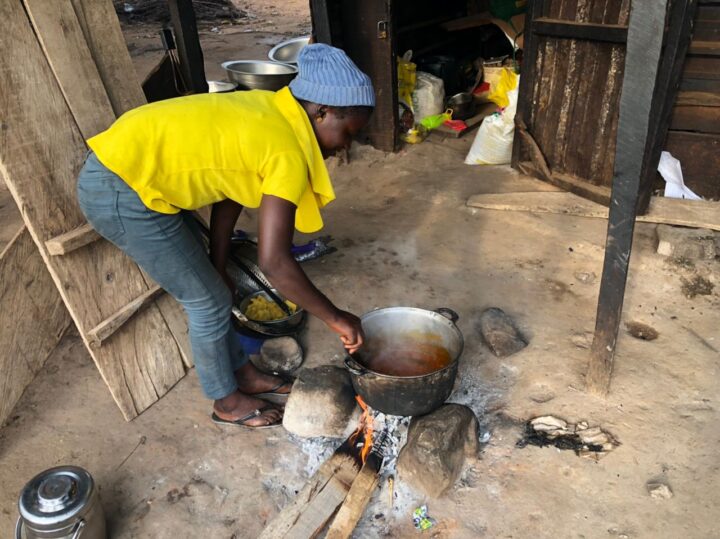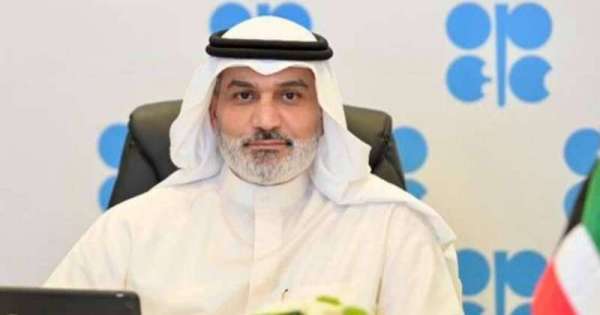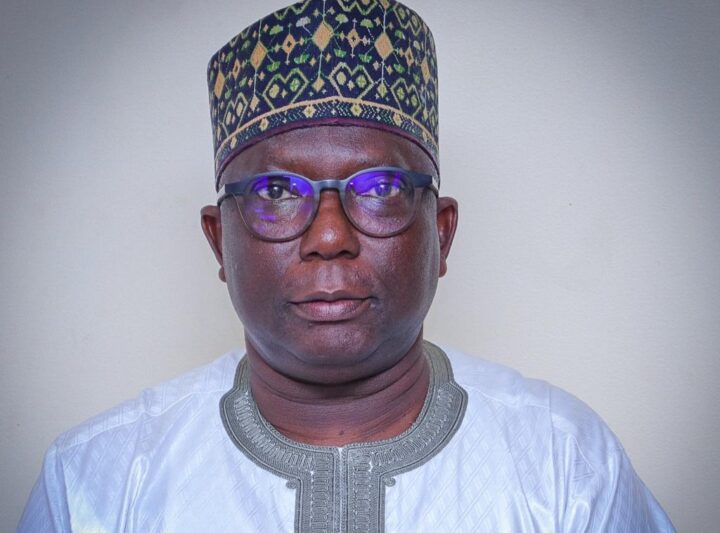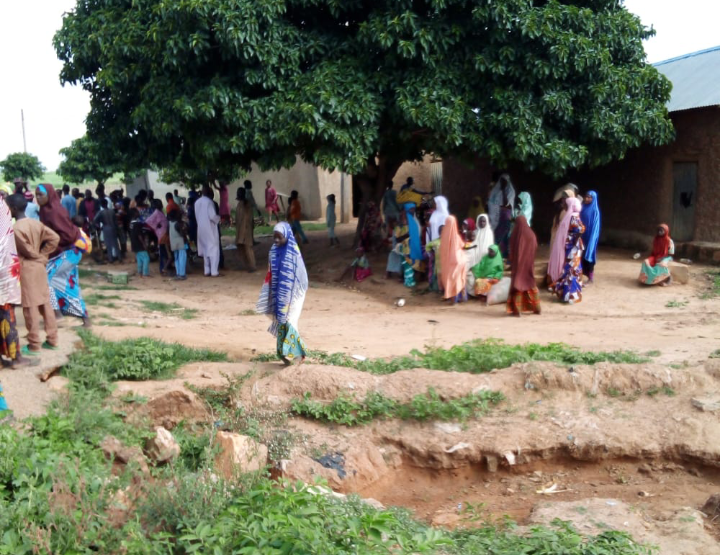One of CJ restaurant’s firewood pits
Rebecca Celestine has lived in Lappa, a small village in Muya LGA, Niger state, all her life. Like most rural communities in Africa, the majority of people from Lappa are farmers who depend on subsistence agriculture as a means of livelihood. They get their food from the farm and also fetch firewood from the farm to cook the food at home. Everything is available at their fingertips.
“We rarely buy firewood. There are always sticks from the farm around. Sometimes, neighbours send them to us but getting firewood is never an issue. The only time we have to buy firewood is when we have to cook large-scale food for special celebrations like Christmas,” Rebecca said.
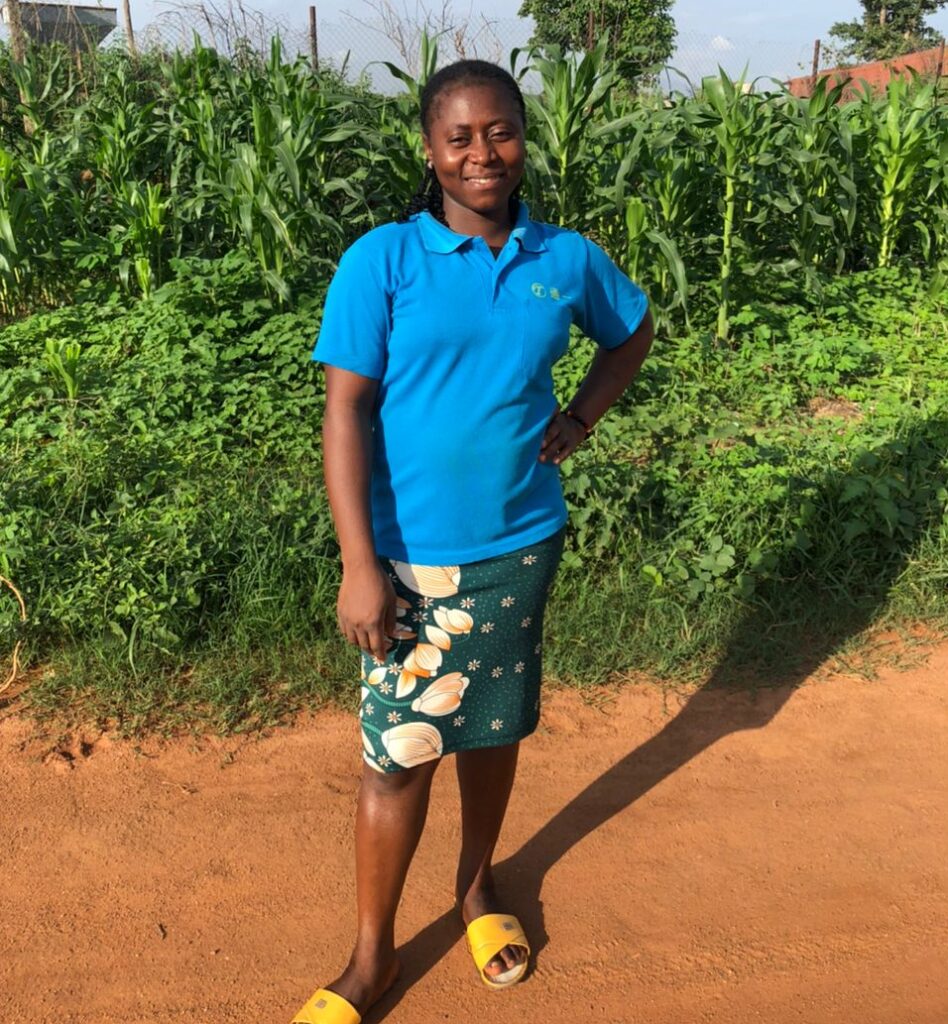
Rebecca just moved to Abuja, Nigeria’s capital, in search of a better life. She wants to be a nurse but first has to engage in pink-collar jobs to raise funds for the school. She lives in Angwa cement, a small community after the fish market tucked away in the outskirts of Idu, an industrial area in the country’s capital.
In Angwa cement, Rebecca is pleased to meet the same kind of people back home. Although she admits that life in the capital city is slightly more expensive, the communal warmth is not amiss. Quickly, she settles into bonding with her new community through many things, especially cooking.
Advertisement
Like Rebecca, other members of the community are struggling to keep their heads above water with the rising inflation in the country. So, they use firewood, a much cheaper option to cook.
For Rebecca and her new family in the community, smoke from firewood is more of a bonding element than an environmental hazard.
For someone who is used to a free source of firewood in her village, having to pay for it in Abuja is not exactly the adjustment she was hoping to make, but she is glad she doesn’t have to break the bank for it anyway.
Advertisement
“Using firewood is very cheap. A small bundle goes for just N200, and you can use it for 2 days. If you compare it with the cost of gas, it’s more than a cheap bargain,” Rebecca said.
“Although firewood is more expensive in Abuja, I still get it at a cheaper price because the seller is my tribesman.”
“FIREWOOD IS CHEAPER”
Victoria Adewoye has managed CJ restaurant, a small-size local eatery on the extensions of Citec Estate in Abuja, for over 12 years. For her, the restaurant is more than just a business, it’s a legacy – a family legacy. She prides herself on excellent service with the exquisite local cuisine she serves her customers.
Advertisement
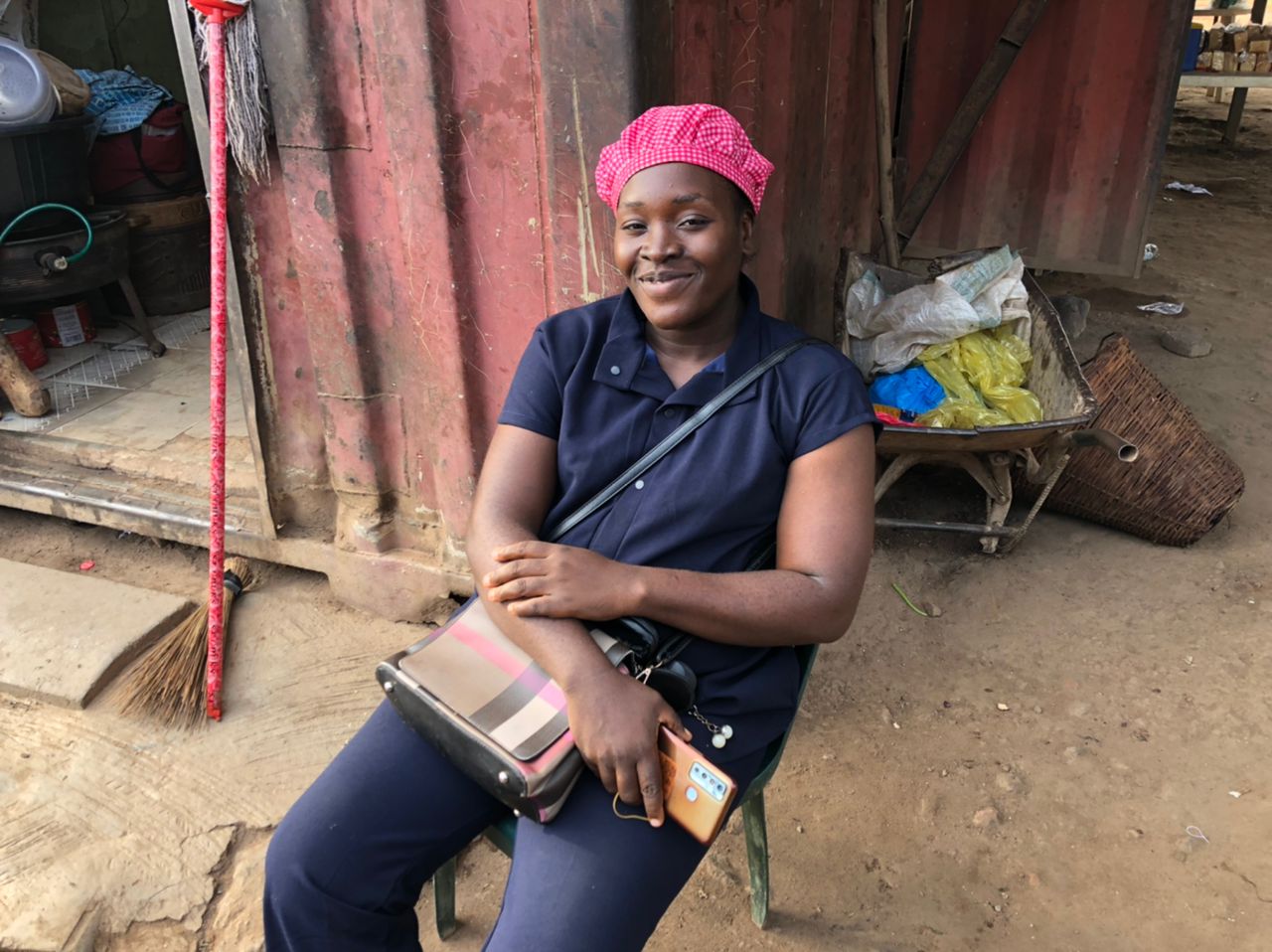
The proof of her words is in the loyalty of the restaurant’s customer base.
“When we were in Gwarimpa, we had high patronage. We left Gwarimpa six years ago and many of our customers still come here to buy food from us every day,” she said. Gwarimpa to Citec is a 7.9-kilometre drive.
To cater for the increasing needs of both her old and new customers, food has to be cooked on a larger scale. This means more firewood.
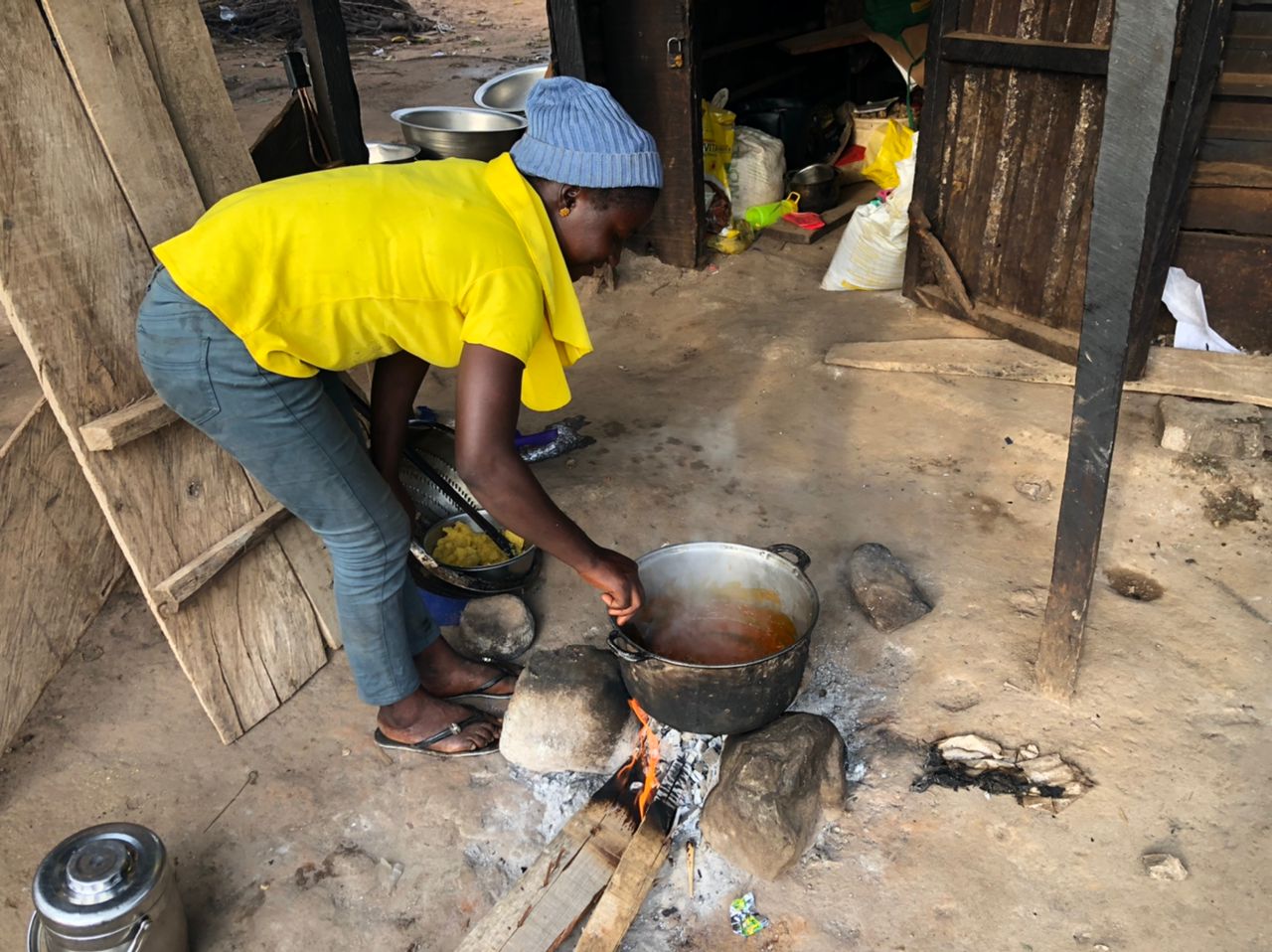
“Now we have three firewood pits. We had just one when we were at Gwarimpa but we have to increase them so we can serve our customers quicker. And it does not cost the restaurant much because firewood is way cheaper for us,” Victoria said.
Advertisement

THE CLIMATE CHANGE BURDEN
Like Lappa village, thousands of communities in Africa are characterised by people who use firewood and other environmentally unsafe cooking methods. However, these emissions do not represent a fraction of the Co2 emissions in the atmosphere. Data shows that Africa contributes the least to global warming, yet faces the most threat of climate change crisis.
Advertisement
“Africa’s potential role in a global green economy needs to be duly acknowledged and considered in the current global climate debate. Even though Africa is undoubtedly the most vulnerable continent to the climate crisis, it should not be seen as just a victim. What is often overlooked is that Africa can play a critical role in the future green economy for various reasons. Not only because indeed it contributes the least to global carbon emissions,” Nathalie Delapalme, executive director of the Mo Ibrahim Foundation, told TheCable.
“Currently, Africa’s per capita carbon emissions amount to less than 2% of the average in developed countries. But Africa is not only the least carbon emitter. It also hosts the world’s second-largest green lungs: the Congo Basin Forest absorbs 4% of global carbon emissions every year, which more than offsets the whole African continent’s annual emissions. This means that Africa is a net carbon sink at the global level.”
Advertisement
The Russia-Ukraine crisis has had its share of impact on an already fragile continent. A devastating food crisis has crept in. The thought of the next country that may fall victim to this food drought has caused panic in many nations. Could the war take sole credit for this damage or is something bigger at stake?
“The COVID-19 and the Russia-Ukraine crisis have aggravated the ongoing and worsening impact of climate change. Recent decades have seen a growing number of extreme weather events, especially in the Horn of Africa, which is currently labouring under the worst drought in the region in over 40 years — directly impacting both subsistence farming and pastoralism and driving not only food insecurity but a loss of livelihoods, instability and conflict,” Delapalme said.
Advertisement
“Without immediate action, food insecurity on the continent will only worsen. An additional 78 million people are forecast to be pushed into chronic hunger due to climate change by 2050, half of them in sub-Saharan Africa alone. The Russia-Ukraine conflict has only made an already perilous situation worse.”
With a continent termed as one of the world’s “green lungs” perhaps, it is the question of how these assets can be used as a tool for development that needs to be asked, not how carbon emissions can be reduced.
“The current focus on climate mitigation – basically on cutting carbon emissions – does not fit the African context, where the focus should instead be on adaptation and the linkages between climate, development, and security,” Delapalme continued.
“The continent is home to 30% of the world’s mineral reserves, including lithium, graphite and cobalt – demand for which is set to skyrocket with the global shift to low-carbon technologies.
“With the global shift towards low-carbon technologies, demand for these three minerals set to skyrocket by 500% by 2050, there is no way this demand will be met without Africa’s resources. Take cobalt, a key component of batteries and electric vehicles: the Democratic Republic of Congo is already the world’s leading producer, ahead of China, Canada and Russia, and the African continent holds roughly half of global cobalt reserves.”
“OUT WITH THE OLD, IN WITH THE NEW”
The yawns and eye-rolls that follow climate conversations are scenarios climate activists are all too familiar with. But Delpalme has a solution.
“This has probably more to do with the fact that the global climate debate remains focused on bigger picture issues. It still needs to be translated at a personal level. Saving the planet is fine, but what does it mean for daily lives and livelihoods?” she added.
For Victoria, it’s steering the restaurant to a cleaner form of cooking – gas.
“We’re trying to rebrand now. We’ve bought gas cylinders and very soon, there’ll be no need for firewood again. You know it’s like out with old, in with the new. It’s not very nice when customers come around and they have to inhale smoke while they eat,” she said with a laugh.
According to Delapalme, climate conversations in Africa must be humanised to prevent low-level debates and commitments.
“If you say Africa is the continent least responsible for the current crisis, and so should be less concerned about the climate crisis, in addition to concerns that the current focus on mitigation and net zero, then that disregards the fact that 600 million people in Africa are still without any access to energy. In the end, you have all the ingredients for a low” level of debate and commitment,” the expert noted.
“If we want to encourage everyone to take action to combat climate change, we need to show the human face of the climate crisis, and we need to guarantee that solutions put forward do not kick away the ladder of development from underneath the feet of several hundred million people.”
In Nigeria’s capital, Rebecca has tried to blend in with the locals. For instance, she has had to buy gas as a cooking option because “Abuja is not the village, not everybody uses firewood all the time. Besides, the smoke affects the air.”
However, more often than not, Rebecca finds herself resorting to old ways to cook. When I ask her if she is not bothered about the long-term effect of the smoke she inhales on her body, she ponders on the question, weighing her choices between frequent future visits to the doctor and a clean lung. After a long internal debate, she chooses her lungs but whispers off record saying “food cooked with firewood tastes better.”
PREPARING FOR COP27: AFRICA’S POSITION IN THE GREEN WORLD RACE
Targets set at the 26th United Nations climate change conference (COP26) have not been met. This is an indicator of lax efforts by global leaders on the issue of climate. The consequences are worse for Africa as the continent is not only behind on targets but stands to face the most impacts of climate disasters.
“The first point to note here is that the one-size-fits-all policies adopted up to now, which focus mainly on carbon-zero and mitigation, do not consider Africa’s unique position. There is little hope of closing the continent’s energy gap and addressing key development and economic challenges with the immediate end of gas financing. Even with an immediate end of the use of natural gas, it is not clear that we can reach emissions goals. But it is sure we will miss many global development goals,” the foundation’s executive director said.
“COP27 is an opportunity for the international community to amend some of Glasgow’s commitments to ensure that Africa’s continued push to go green does not come at the expense of the continent’s economic and social development.
“In practical terms, this means allowing the continent to use its significant natural gas reserves as a key transition energy source whilst accelerating the development of its renewable capacities. Gas is by far the least polluting of fossil fuels and is currently produced by 18 countries in Africa, with Nigeria featuring among the world’s ten biggest reserves holders.
“The continent’s potential in renewable energy is vast — it is home to 40 per cent of the world’s solar capacity and 21 African countries have known geothermal resources. But renewables cannot immediately fully address the energy gap challenge. And anyway, realising this potential will require increased global climate finance investment that has too often bypassed Africa. Through this increased investment, Africa can expedite the development of its renewable energy capabilities, helping to close the energy gap, reduce the current need for natural gas, and hasten the transition to a greener world.”
TURNING POTENTIAL INTO REALITY
On the current climate crisis trajectory, many fear the concept of a green Africa is unlikely in the near future. Delapalme thinks differently.
“The reality is that Africa is already far greener than many other world regions, with 22 African countries already using renewables as their primary electricity source,” she said.
“For Africa, the challenge is not so much about going green, but about how to pursue the continent’s development agenda in tandem with current climate commitments. Africa’s population is growing, and we cannot afford to keep this increasing population off the grid nor accept the human development implications that lack of energy access has for access to education, health, jobs, and equality with the rest of the world.
“This means investing in climate adaptation, supporting the continent’s ongoing development of its renewable capabilities but acknowledging that natural gas is necessary as a transition fuel, as well as developing, with the relevant governance processes, Africa’s huge potential resources for a global green economy.”
Africa can go green in the near future and become a key actor in a green global future, but this must not come at the expense of its own development.
